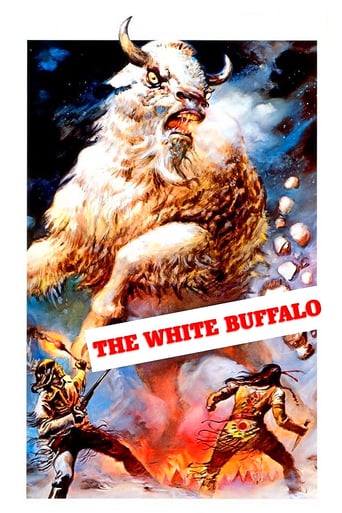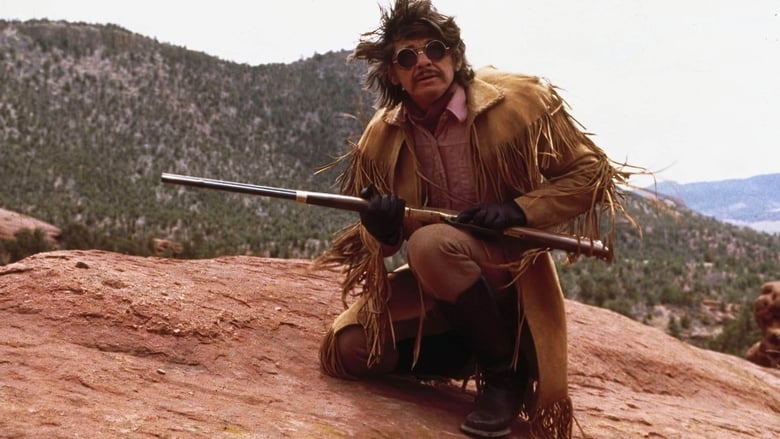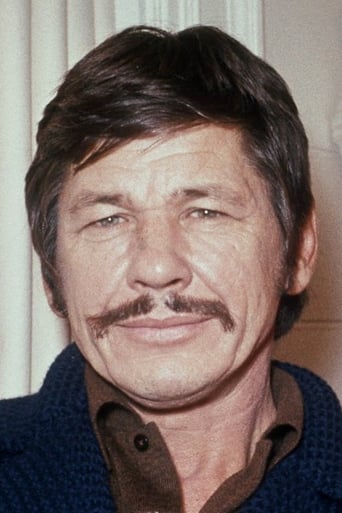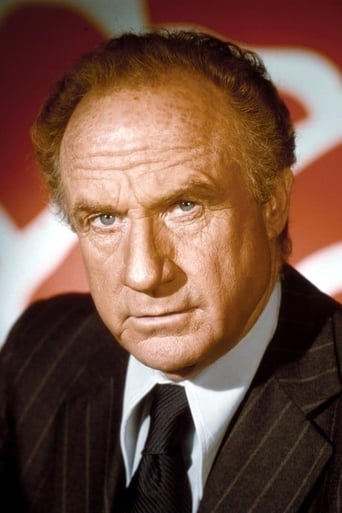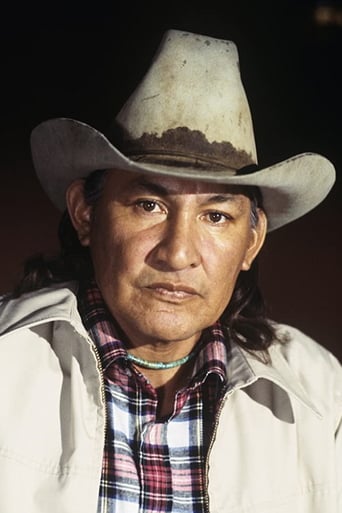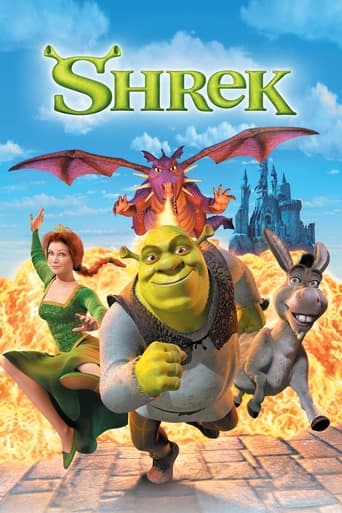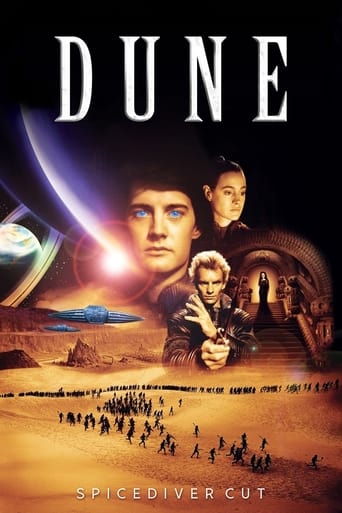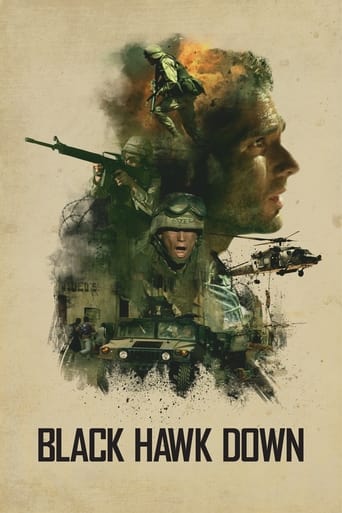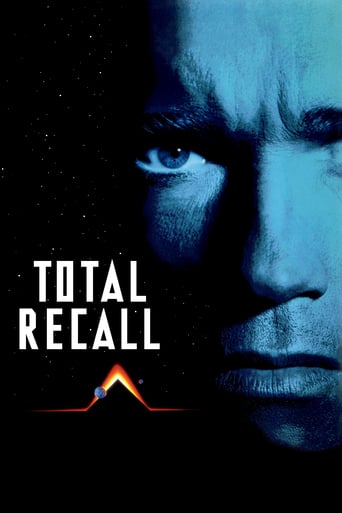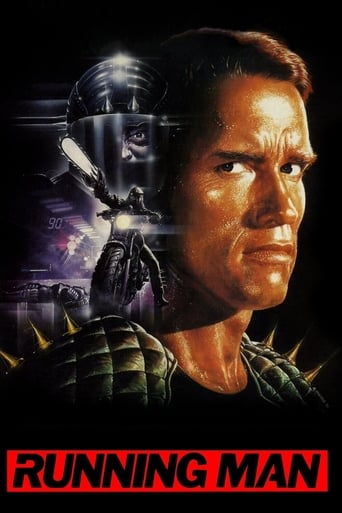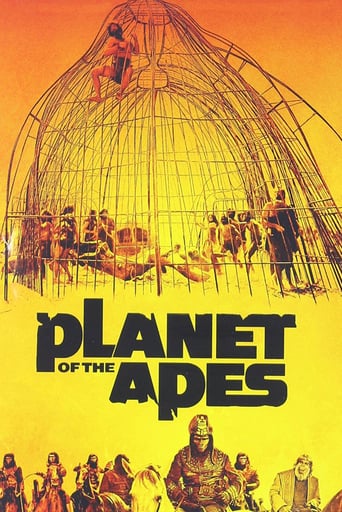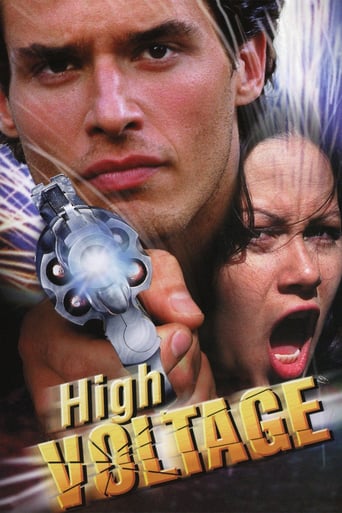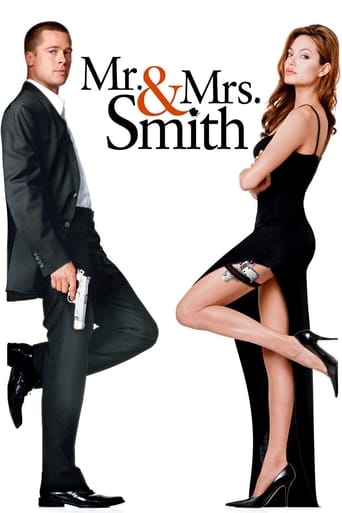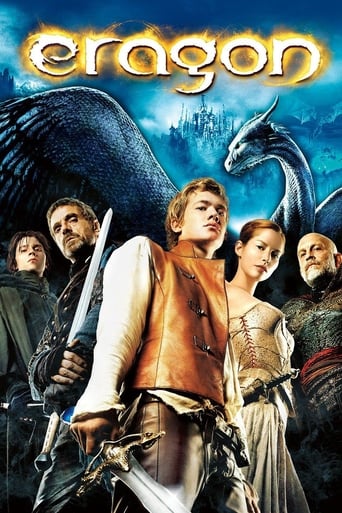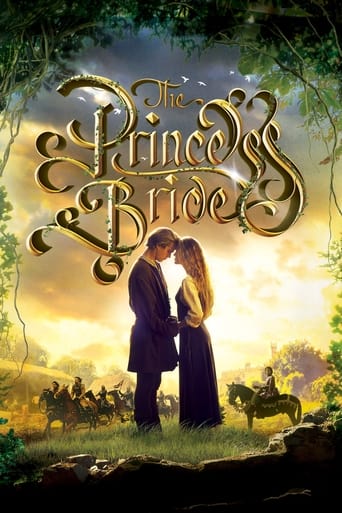The White Buffalo (1977)
In this strange western version of Moby Dick, Wild Bill Hickok hunts a white buffalo he has seen in a dream. Hickok moves through a variety of uniquely authentic western locations - dim, filthy, makeshift taverns; freezing, slaughterhouse-like frontier towns and beautifully desolate high country - before improbably teaming up with a young Crazy Horse to pursue the creature.
Watch Trailer
Free Trial Channels
Cast


Similar titles
Reviews
Simple and well acted, it has tension enough to knot the stomach.
This story has more twists and turns than a second-rate soap opera.
One of the best movies of the year! Incredible from the beginning to the end.
The thing I enjoyed most about the film is the fact that it doesn't shy away from being a super-sized-cliche;
I have seen almost all the films signed by J. Lee Thompson, a very good director, a lot of action films. He worked very often with Charles Bronson, a very dear actor, for him and for me. This is not one of the best, neither for Bronson or Thompson. It's decent enough but, the subject itself and how that buffalo look, it's more appropriate for teenagers. The best performances comes from Will Sampson and Jack Warden.
The dialogue is wildly authentic. But the mechanical buffalo shows his real tracks during the final confrontation when you can briefly see the actual tracks it's riding on during its charge through the pines. Hard to believe that got past the editing process
The White Buffalo is directed by J. Lee Thompson and adapted to screenplay by Richard Sale from his own novel of the same name. It stars Charles Bronson, Will Sampson, Jack Warden, Clint Walker, Slim Pickens and Kim Novak. Music is scored by John Barry and cinematography by Paul Lohmann. Plot finds Wild Bill Hickok (Bronson) and Crazy Horse (Sampson) teaming up to fight a giant white buffalo during the bleak winter of 1874. Hickok is plagued by nightmares of the beast, Crazy Horse is out purely for revenge after the rampaging creature laid waste to his village and killed his newly born son.It flopped at the box office, which in all honesty is not hard to understand, for The White Buffalo had too many things to fight against to put up a good showing. It's very much an odd movie, a strange blending of genres, it often looks cheap and it had the unenviable task of trying to stay in the giant beast slipstream created by Jaws two years previously. After Spielberg unleashed his Carcharodon Carcharias on the cinema loving world, a number of film makers tried the same idea but with different creatures, Grizzly and the star studded Tentacles were just two around the same period, even King Kong got a re-imaging in 76, while The White Buffalo was also up against the Richard Harris led Orca: Killer Whale (also featuring Will Sampson) this same year. Was the 1970s film lover in need of a hybrid creature feature Western with shades of Moby Dick stitched into the narrative? One with an oddly cast Bronson playing a legendary man of the West with sun glasses and penis rot? No was the answer, but a cult fan base grew over the years and it's definitely worth more than a second glance these days.Film pretty much thrives on mystical symbolism, shades of the supernatural hang over proceedings, while the Native American culture is given adherence as well. The idea of teaming up two legends of the West, enemies at that, also gives the picture a high novelty factor. As the two men, and Warden's gruff Charlie Zane who is along for the ride, go off in search of the beast, they must overcome hostilities of the human kind as well as the harsh winter that nature has provided for the back drop. Time is afforded development of story and principle characters, this is not merely an excuse to be a carnage based creature feature, it has ideas formed around man against nature, men against their fate, often it is philosophical, even literate. Of course this has proved to be seen as pretentious by some, and once the big white animatronic thunders into view with its awesome sound effects, it's easy to be steered away from the more brainy aspects of the piece!John Barry lays a magnificent foreboding score over the top of it, a score that deserves a better film in truth, but it imbues the picture with a sense of dread, helping us to stay with Wild Bill and Crazy Horse to see if they can cut down the demon while casting off their own? The studio filmed sequences are unfortunate, but necessary considering the budget restrictions, yet the sets do have a garish quality about them, further aiding the weirdness on offer. Cast performances are perfectly in keeping with the material, Bronson as cool as ever, though it should be noted that Novak, Walker, Pickens and Stuart Whitman really are light support players here. Much has been made of the creature design, unfavourably so, but it's one of the better animatronic creations of the 70s. Put it alongside those used in the Kevin Connor pictures around this period and you can see its benefits. Though facial close ups should have been kept to a minimum!It's obviously not high art and it has ideas above its station, while some of Michael F. Anderson's editing is so dizzying your head might explode. But this is no ordinary picture, surreal and hypnotic, intelligent yet off beat, it's better than you might think and worth viewing more than once with expectations levels correctly channelled. 7/10
First, thank you if you are reading my review. Second, I highly recommend if you read mine, you read Jaibo of England review. It is one of the best reviews I have ever read here, and I feel that he fully gives one of the best analysis of a film I have ever seen.First, when this film came out, it was a bomb with both the critics and audiences, though I have recently read that it was a big hit in Asian countries. One writer has said this is the film that sank Bronson's career as a superstar, which is not true. During this era of Bronson films, his films after Hard times were really not all that well received. One problem with the critics of the film was their complaint about the silly looking White Buffalo, also the complaint was that it was trying to be a Jaws on Land. I believe I remember Bronson talking about this future film on the Mike Douglass show, and he appeared to have high hopes for it, mentioning Richard Sale the screen writer.When, however, all is said and done, and the film is finished. You have a point where a film is a new product, put out on the market. After that, and a lot of thanks to DVD's and other media, we can reexamine a film years later, and White Buffalo deserves reexamination.First, after Hard Times, I think that this is Bronson's best movie. Somehow, I feel that if this had come after Hard Times, it might have gotten better reviews, and seen for what I think what it is, an examination of white man's guilt.In the previous decade,with the civil rights movement, the Farm workers movement, and also the rising of Native American people, it often seemed that white Americans were being accused of somehow being enemies of humanity, and should somehow feel white guilt. White Buffalo metaphorically explores this idea through the character of Charles Bronson as Wild Bill Hickok.When Hickok arrives in the first town, he comes across a bunch of bones of dead buffalo, watching this scene, I could not help but think of the death camps of Europe during world war II. What is also interesting in this sequence, is that the first people who try to kill him are members of the US Cavalry, in a bar, by orders of one Custer, who does survive. According to IMDb, his name is Tom, whether he is supposed to be a George Custer is probably the case. Instead of previous films of lets say a John Wayne, where the cavalry comes to the rescue, here we are almost given an idea, and it the behaviors, of these men not being much different from German soldiers as depicted in films like "Where Eagles Dare".Hickok of course in the film is haunted by nightmares of a white buffalo, that he feels he must kill. He is told that the last white buffalo was killed, but that of course will not be the case. As another, he is told by Charlie (Jack Warden), is also around. He also says in his dream, this buffalo of his nightmares is in snow (white). and it is there that this buffalo must be killed. When Charlie asks Bill how many men he has killed, Bill can't say, but he tells Charlie that most of them were red men. He even states that an Indian is a better man dead. Will Sampson as Sitting Bull, wants to kill the Buffalo, because his child was killed by it, and his child can not rest peacefully in the other world until the buffalo is killed. When we see the Buffalo going through his village, killing all along the way, in this Kwaidanesqe sequence, we are reminded of earlier films from say 'Little Big Man' when the US Cavalry was shown massacring an Indian village. So while not a nightmare of Sitting Bull, it is certainly his metaphor of stopping the white man from trampling on his tribe.While it is true that Bill and Charlie help Sitting Bull kill 15 other Indians who would kill Sitting Bull, one realizes that Bill see's this as getting rid of 15 other Indians who might be a threat to Charlie and himself, not out of compassion, and also as a way to hopefully make this lone Indian not try to cause them harm. Later Sitting Bull will repay the favor to Bill by killing someone out to get him.While the buffalo in Bills dreams is a metaphor of his guilt, and what he has done to others, it is clear that Bill does not understand the meaning of his nightmare. This is brought out when he gives a speech to Sitting Bull about this expansion of the white settler, and that this is just part of the cycle of nature.This part of this not understanding, is perhaps some what is Bill is on the way to death. In the end, by his one more time befriending Sitting Bull, Charlie will reject and leave Bill, and sitting Bull will say we must never meet again. Bill is more lonely now, and his involvement in this venture will as we will know from history, and learn at the end will not save him. Sitting Bull we are informed will have been killed a year after Bill. Both will be killed by white men.How sad that critics at the time, and some still today did not view the film as a poetic work of art that it is.

